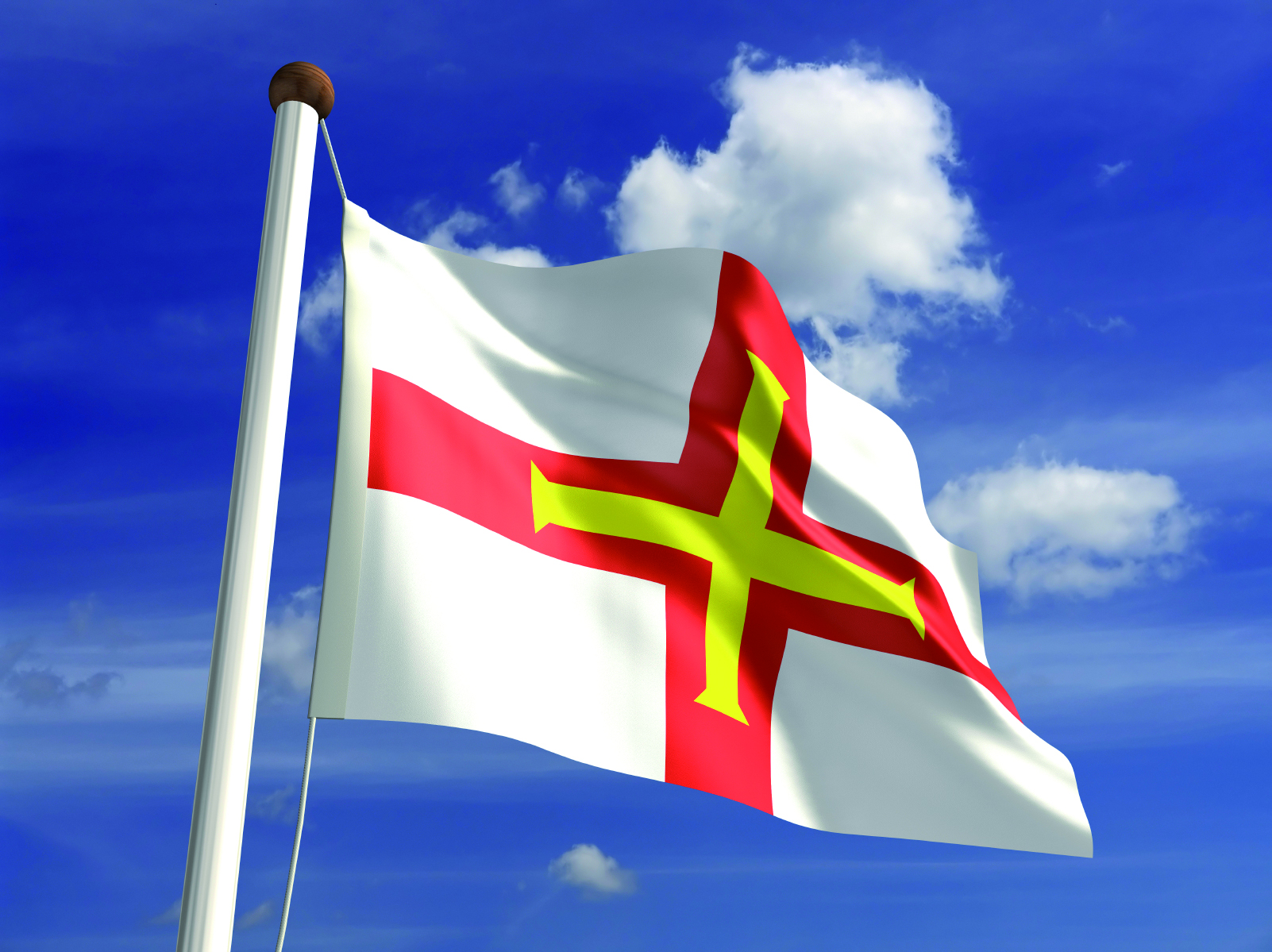Guernsey policy and resource president Gavin St Pier said both Portugal and Lithuania’s lists were “outdated and inconsistent” according to a report by the Guernsey Express.
The publication said St Pier made the comment when updating the Guernsey Assembly on the recent release of the Eu tax haven blacklist.
Guernsey was left off the EU blacklist but was included on its controversial “grey list” meaning it had been put on notice to address certain non-compliant behaviour by the end of 2018.
St Pier said to the Express that not being included on the list was “clear reaffirmation” that Guernsey is a cooperative jurisdiction.
When the blacklist was released on 5 December Guernsey finance chief executive Dominic Wheatley said it was no surprise the island had been left off the list.
“We are committed to the highest international standards of compliance, tax transparency and neutrality, and were always confident in the outcome of this process,” Wheatley said.
Blacklist controversy
The EU blacklist has drawn criticism from international organisations such as Oxfam, who argue the list has been compromised and does not include many jurisdictions that are known to be tax havens.
No British overseas territories were included on the list however Bermuda, the Cayman Islands and the Isle of Man, along with Guernsey, were included on the “grey list”.
The UAE, which was one of the 17 jurisdictions on the blacklist, has also questioned why countries like the US have not been included, labelling the documents release as a political exercise.
“The biggest offenders are not on the list. Switzerland, Jersey and the US are some of the biggest offenders around,” the chief executive of Emirates Investment Bank Khaled Sifri said.
“This is the kind of thing that may attract attention in the short term, but it will have no implications in the longer term. I think the EU missed the target on this altogether,” he said.








